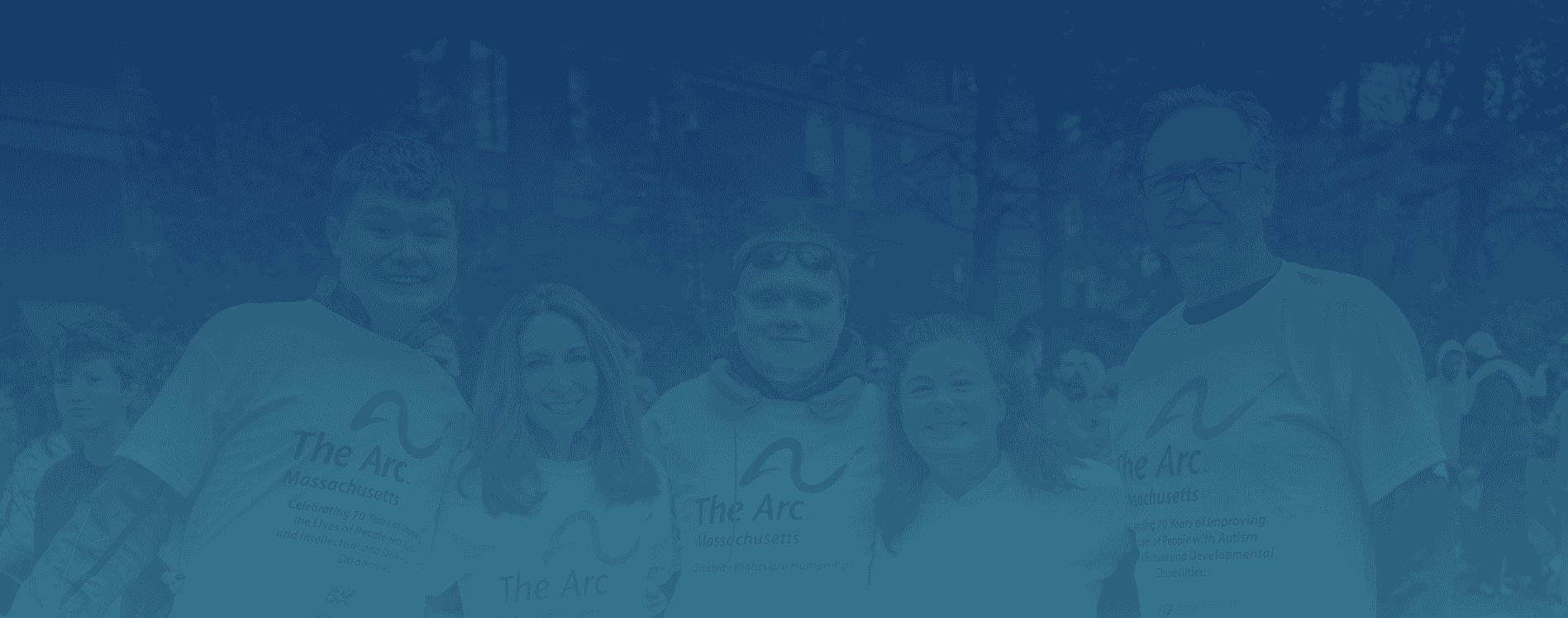
Information
Giving People Options
A one-size-fits all approach doesn’t work for everyone with developmental disabilities. Disability-related needs and services vary significantly among the more than 32,000 adults who receive support from the Department of Developmental Services (DDS). Research consistently shows that the option to self-direct services for people with developmental disabilities drives better results and improves people’s quality of life.
The regulations to implement the Real Lives law were released recently. DDS can now assert that they have met their obligation to provide regulations for the Real Lives Law. The published regulations leave many questions about how the Real Lives law will be implemented and leave too much room for interpretation by DDS. It is imperative that policies and practices be developed and published that explain how these regulations will fully realize the promise of the Real Lives law.
You can help ensure that appropriate policies and practices are developed that make it easier for people to control the decision-making process for the budget that they receive – and that they can choose the supports that meet their needs.
The Executive Office of Health and Human Services (EOHHS) is recruiting a new commissioner for DDS. This will have a major impact on how DDS implements the Real Lives law in the future. Further, EOHHS has suggested that the Self-Determination Advisory Board (an advisory board created by the Real Lives Law) play an active role in the development of policies and practices going forward.
A few important points to keep in mind as we work on these issues include:
DDS policy should clearly state that self-direction is an approved method for people to use their budget allocations. Any verbal or written guidance for using the self-direction method should be thorough and standardized, such that people and their families can choose and pay for services in a straightforward manner.
DDS should prepare its staff to educate the people they serve on the options they have under the Real Lives law. Traditional services continue to be important and the right choice for many, but self-direction options should be fully understood and explained.
Individual allocations and budgets should be determined through a transparent, standardized, and objective process. The new regulations state that those allocations and budgets should be equivalent to the funding a person would receive if using traditional services and will be established annually. These requirements should ensure that allocations keep pace with increases in budgets for traditional services over time. In light of the fact that people do not know what traditional services’ budget levels are, this remains a point that needs clarification and further advocacy.
People should have the right to hire staff directly or to contract with an organization or business with services. Individualized services do not necessarily mean one-to-one services. Participants’ control over their budgets should not limit people’s ability to obtain a broad array of supports, including services offered in groups.
Participants should be able to select independent facilitators to help them choose and plan for their supports. The regulations leave many important questions about this service unaddressed.
We’ll share additional details and opportunities for action via email. Join our efforts now to receive alerts.


